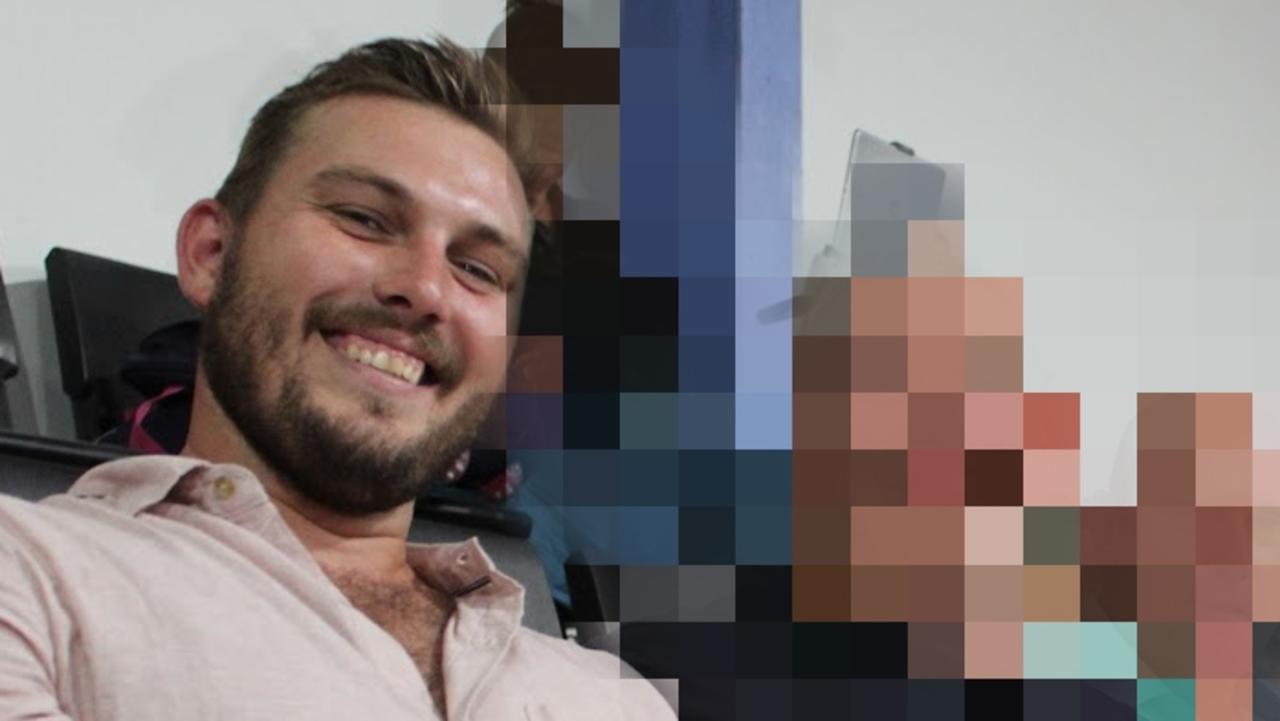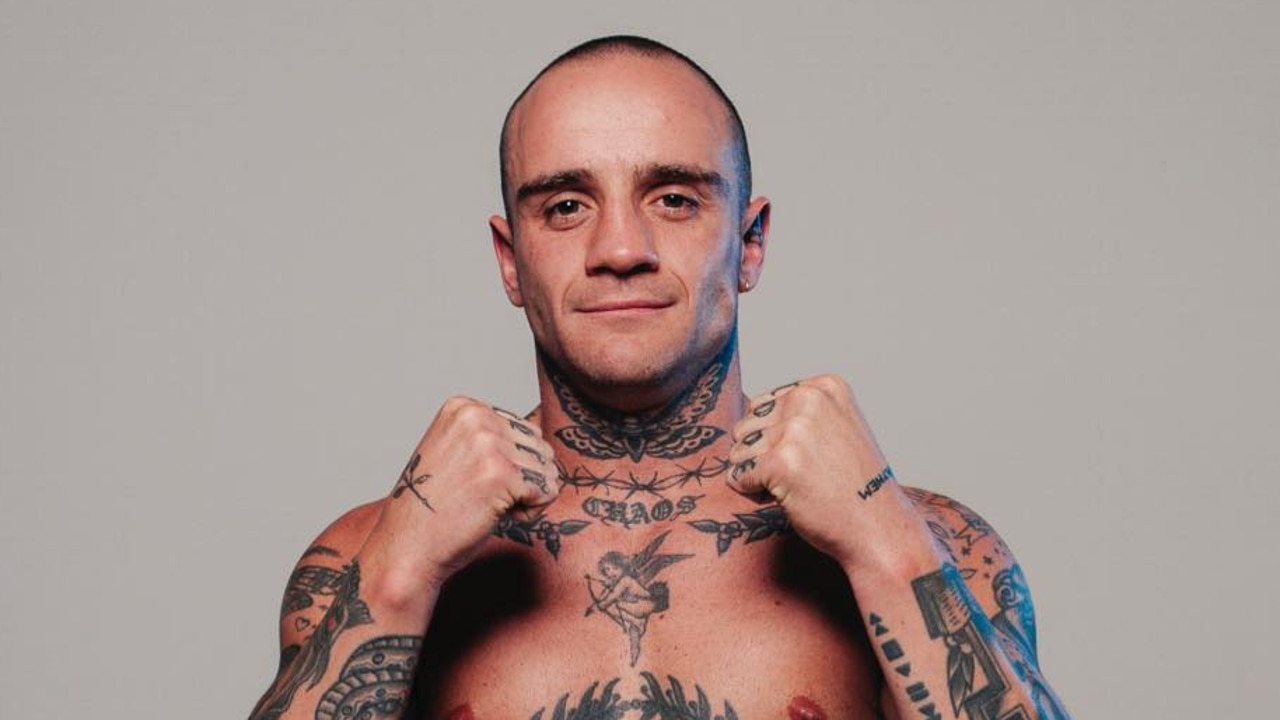Dead babies, rape, bodies on the road: Horror of what it’s really like being a cop
One of Queensland’s most decorated police officers has opened up about his 25-year struggle with PTSD, including the moment he placed a loaded gun in his mouth.
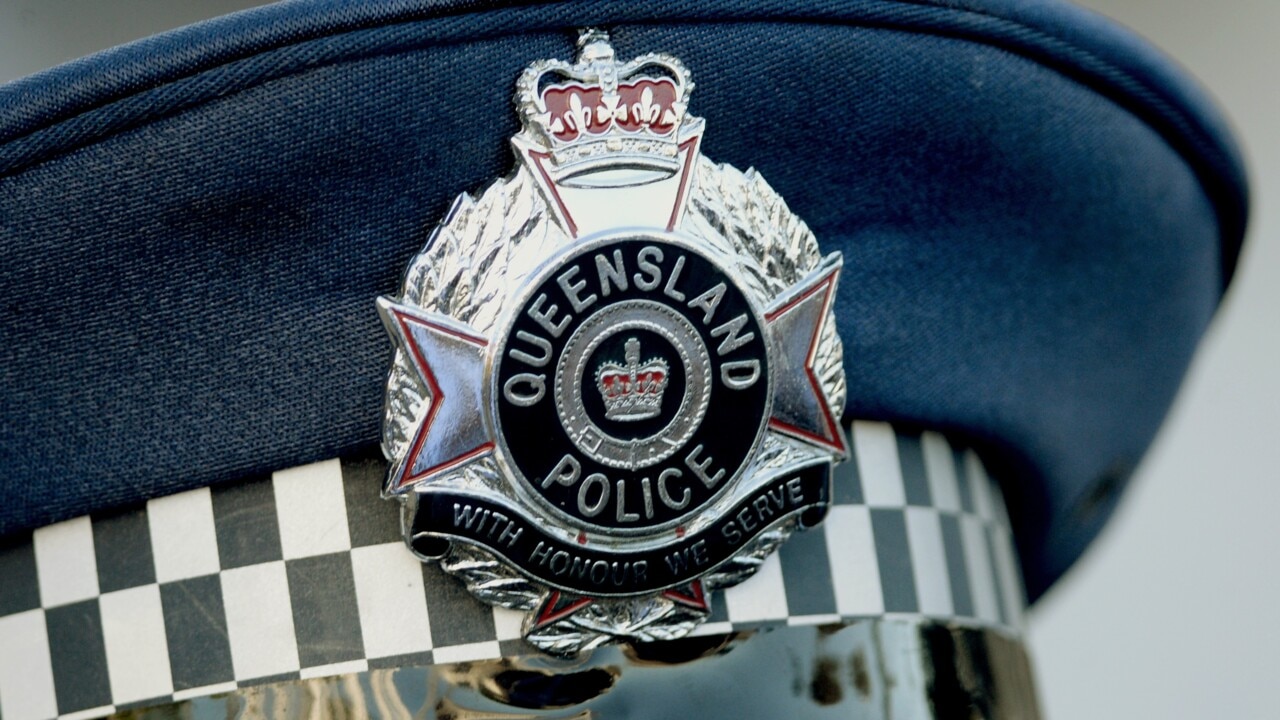
Police & Courts
Don't miss out on the headlines from Police & Courts. Followed categories will be added to My News.
A former top undercover police officer has detailed his 25-year struggle with post-traumatic stress disorder (PTSD) – including the moment he placed a loaded gun into his mouth – as he pushes for the stigma attached to mental health-related illnesses to be dropped.
As one of the state‘s most decorated police officers, Keith Banks, who served from 1975 to 1995 in what was then the Queensland Police Force, knows all too well the grisly and often heartbreaking realities of policing.
“You‘ll see things that over a course of years, like a sediment on a river bank, will just build up,” Mr Banks said.
“I‘m talking about dead babies, rape victims, car accidents and about bits of bodies strewn across the road. And that goes on. And one day, somebody’s had enough of the darkness and they just want it to end, so boom – they’re gone.”
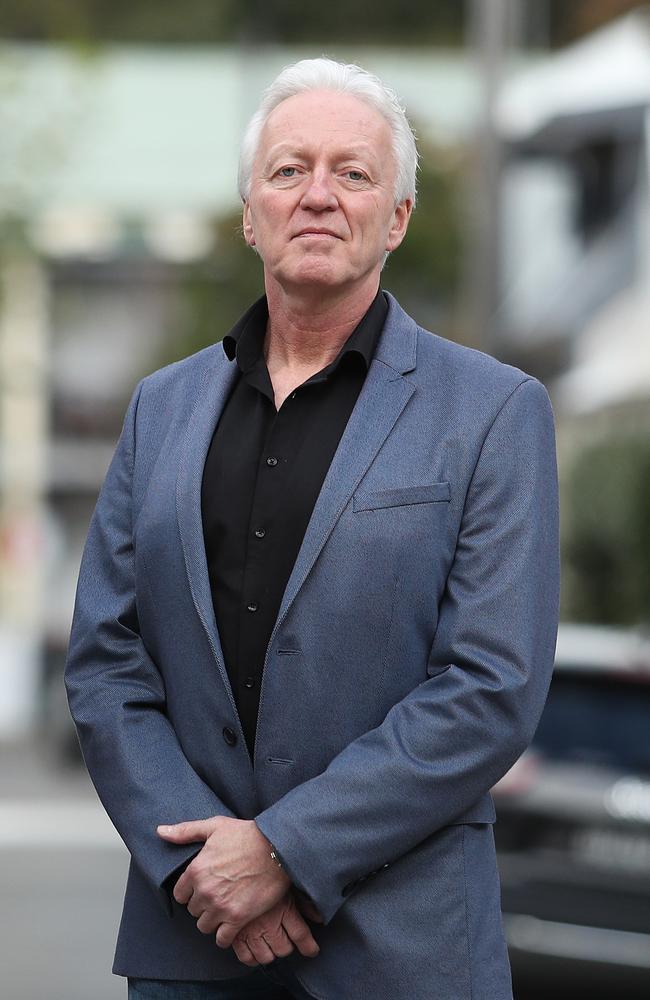
Mr Banks, who was in 1993 hailed a hero after he stopped an armed man from detonating a potentially horrific high-rise explosion in Brisbane‘s CBD, last month released his second book Gun to the Head.
Talking to The Courier-Mail at the book’s launch, he detailed his passion for helping his fellow comrades overcome any perceived stigma attached to PTSD and other mental health-related illnesses.
“I have concerns for every cop who goes to work every day,” he said.
“Personal experience was that my PTSD wasn’t addressed back in the ‘80s and I went through an entire 25 years of too much drinking, emotional distance, suicide ideation and joylessness.”
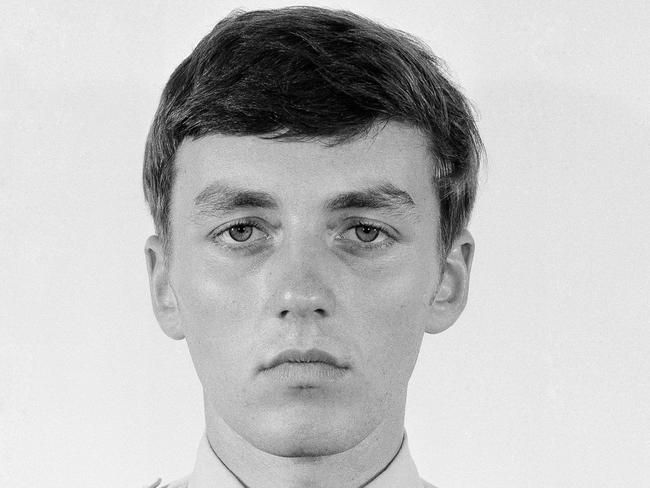
Mr Banks detailed the moment he put the cold barrel of his police issued 9mm pistol in his mouth, wishing his trauma to end. Mr Banks said he never wants to know of another officer living the same torment he did.
“Lots think the reality is if you put your hand up for help, they’re going to know that maybe you’re emotionally not stable, and maybe your next promotion might be affected. That type of thinking has to change,” he said.
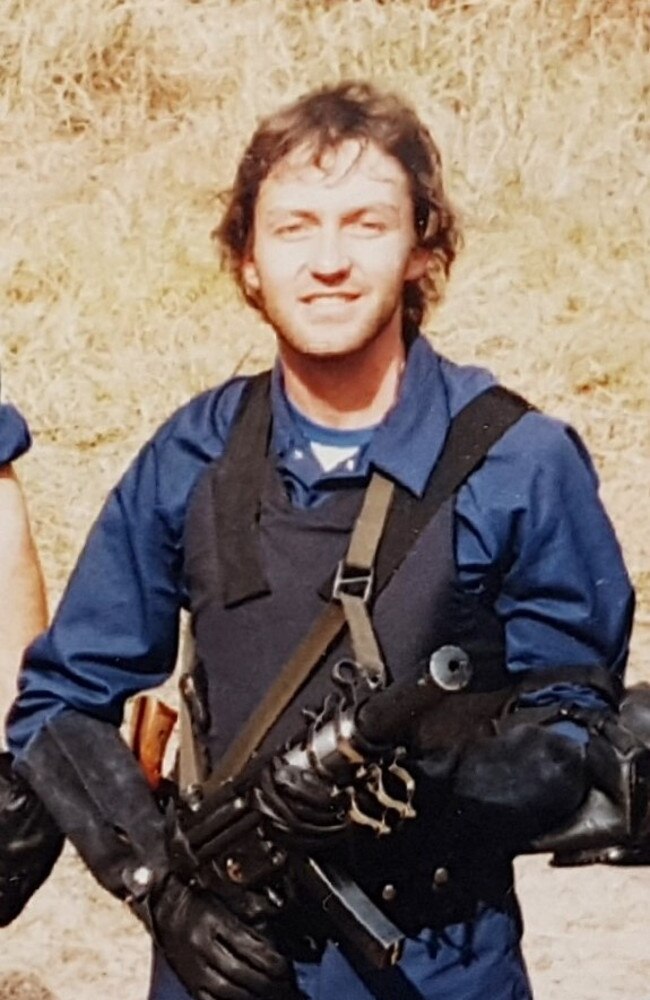
According to a 2018 study by Beyond Blue, one in three emergency services workers had high or very high psychological distress, while one in four former first responders reported experiencing PTSD.
Mr Banks said it was more crucial than ever that clear help was available for police.
In May, new legislation was passed to change how PTSD is addressed within the Queensland Police Service.
Current and former QPS members and their family can access confidential and free external counselling services through 1800 ASSIST.
Gun to the Head is available online and at major bookstores.


